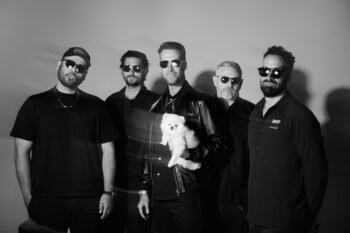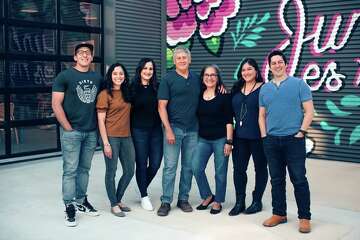
ALM Ortho, a medical technology company focused on orthopedic care solutions, has announced the successful close of a $1 million funding round led by the Central Texas Angel Network (CTAN) and Keiretsu Forum.
The investment aims to accelerate the development and commercialization of ALM Ortho’s advanced implant solutions, which address critical needs in complex limb restoration. The company, founded in 2020, is based in Scarborough, ME.
The new funding will support ALM Ortho’s mission to transform outcomes for patients undergoing challenging limb restoration surgeries. Specializing in areas where conventional options often fall short—such as osseointegration, limb lengthening, joint arthroplasty revisions, and trauma recovery—the company collaborates closely with surgeons to create implants and tools that fill significant gaps in orthopedic treatment. By focusing on these complex cases, ALM Ortho seeks to bring renewed hope and enhanced functionality to patients facing limited restoration options.
“ALM Ortho’s technology promises to be life-changing for a large segment of amputees,” Lance Adams, a CTAN’s Deal Team member, said in a news release. “We strive to make positive returns on our investments, and it’s particularly rewarding to support innovations that can improve people’s lives in our communities.”
Paul DeJuliis, ALM Ortho’s Chairman and Co-Founder, shared his vision for the future: “This investment enables us to bring our innovative products to market faster, empowering surgeons to provide solutions that offer patients a greater chance at full recovery. We’re excited to take this next step in revolutionizing how complex limb restoration is approached.”
The $1 million Series A equity round will fuel ALM Ortho’s expansion of its product development pipeline and help scale its operations. Positioned as a pioneer in orthopedic technology, ALM Ortho is set to play a transformative role in limb restoration solutions, advancing new standards in patient care.










